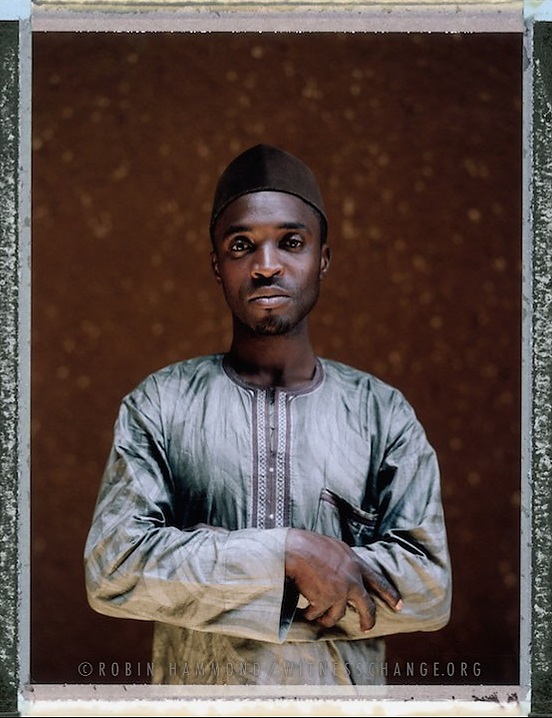Ibrahim / Nigeria
“My experience of discrimination started since when I was 12 years old. In the school where I attend all my class mate hate me so much, they don’t play with me, each time I go to play with them, they reject me and say they will not play with a girl (referring to me). They drive me away each time I followed them. They call me “Madam” which means woman. My teachers too were not left behind in the discrimination, they humiliate me in class so much. They don’t even care about my childhood. I feel very sad and scared. It was very hard for me to study under such condition. I was afraid to complain to my parent then, because I don’t know the consequences of that. I managed to finished my studies like that, but each time I remembered this discrimination I feel very lonely and abandoned. I wish these never happen to anybody anywhere in the world, especially small children. I am gay and proud to be that, so also Nigerian and a citizen and more importantly a human being who deserve every right. I have the right to live, associate and mingle with anybody in the society regardless of gender or sexual orientation. I am always hoping for a society where everybody will be accepted regardless of his sexual orientation and gender identity.”





I’m so sorry that you suffered like that as a child. I’m sure that you will help a boy or a girl just like you. And hopefully you get to heal the child in you. You are loved.
I wish the saMe as you, ibrahim. I am confident that love will ivercome hate in our life times. Hold on to your coursge & know that you are wonDerful just the way you are!